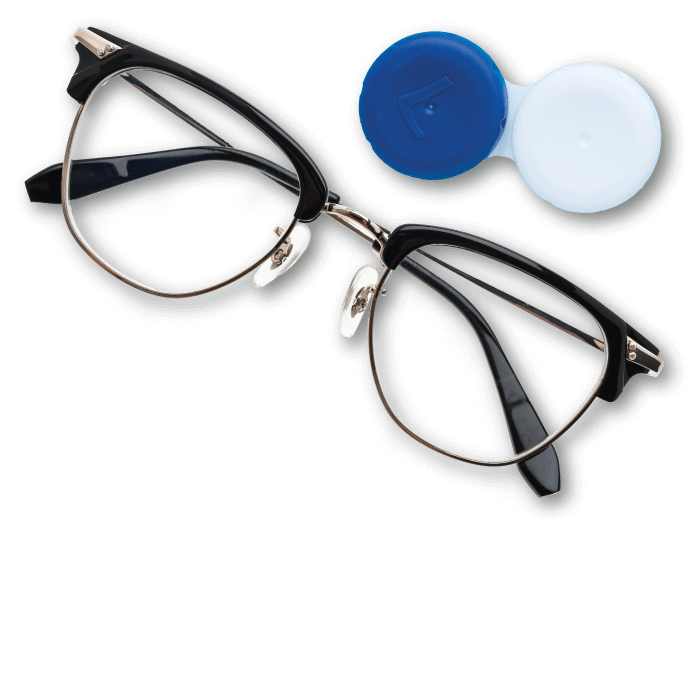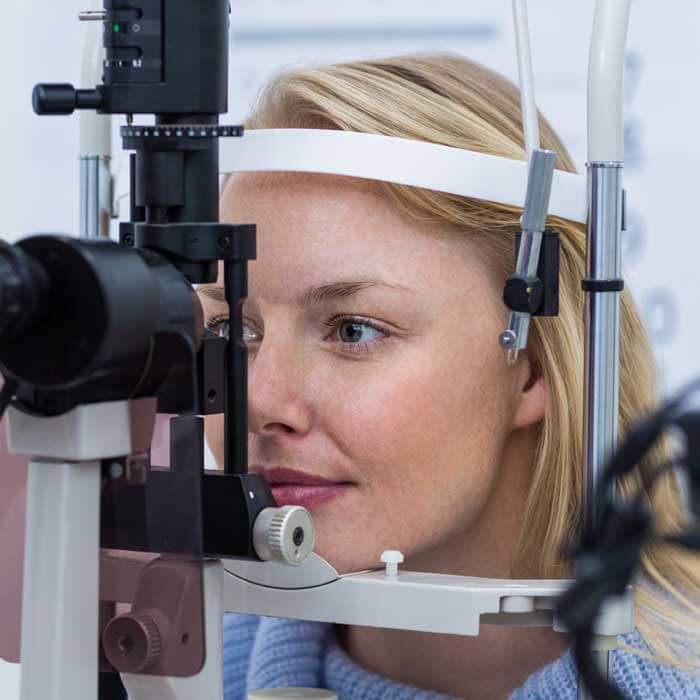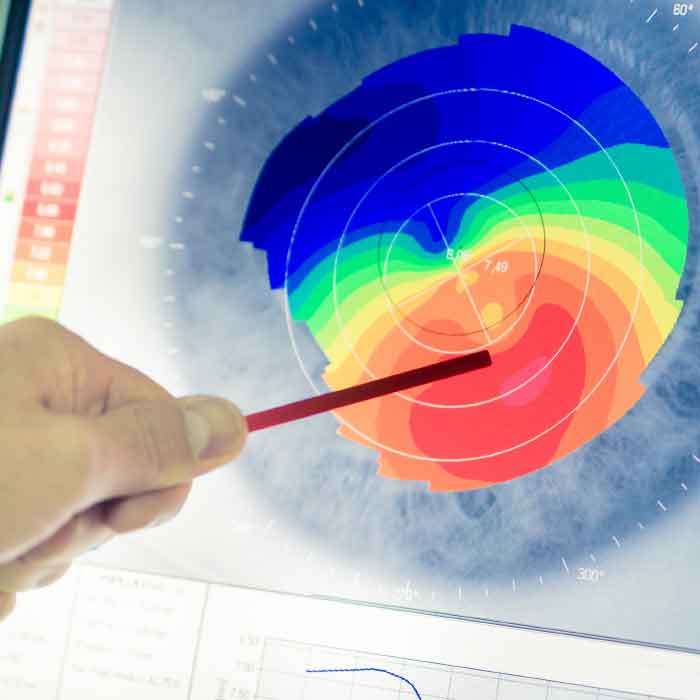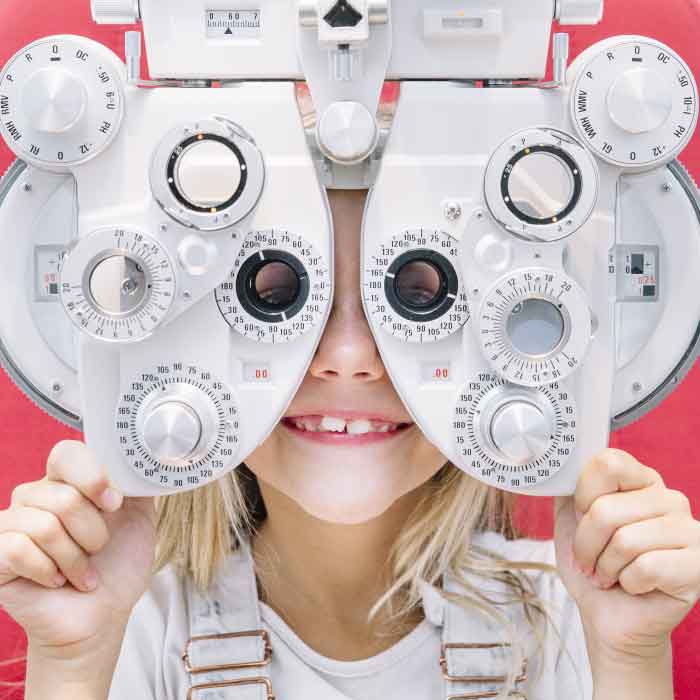| 6. | Clinic Ownership |
Clinic ownership is often unknown information. However, it can critically influence the standard of eye care and service provided. Being the biggest chain of stores or clinics or being the most vertically integrated multinational company does not guarantee that patients receive the best care. There are several noteworthy aspects of large companies and corporations that challenge their ability to provide the best eye care. First, large companies often have shareholders. Shareholder demands for profitability and growth can often conflict with making the investments needed (e.g. new technologies, training, staff, etc.) to provide the best care to patients. Second, large companies often embrace one-size-fits-all policies and standards incompatible with the concept of personalized care. Lastly, companies with headquarters elsewhere often become disconnected from their patient base and the localized needs of patients. It’s true, larger companies often have more resources than smaller independent clinics, but the primary concern of patients should be how much of those resources are being directly dedicated to caring for you and your eyes.
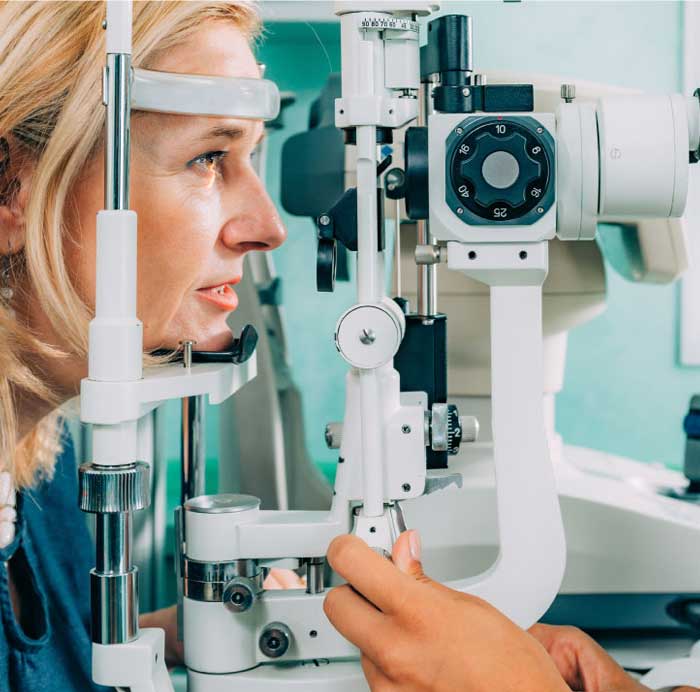
| 7. | Professional Staff |
Professional staff, both in terms of credentials and behaviour, are essential to providing exceptional eye care. Optometrists are all highly educated, but the criteria for being professional goes beyond the acquisition of academic degrees - behaviour, knowledge and performance matter. A knowledgeable, proficient optometrist with a friendly, caring demeanour is always desirable. Likewise, an experienced, friendly and knowledgeable licensed optician is always preferred when it comes to selecting, measuring, and crafting your prescription eyewear. Optometrists and opticians who ask lots of questions, want to learn more about you, and listen to your unique needs, often provide the best care.
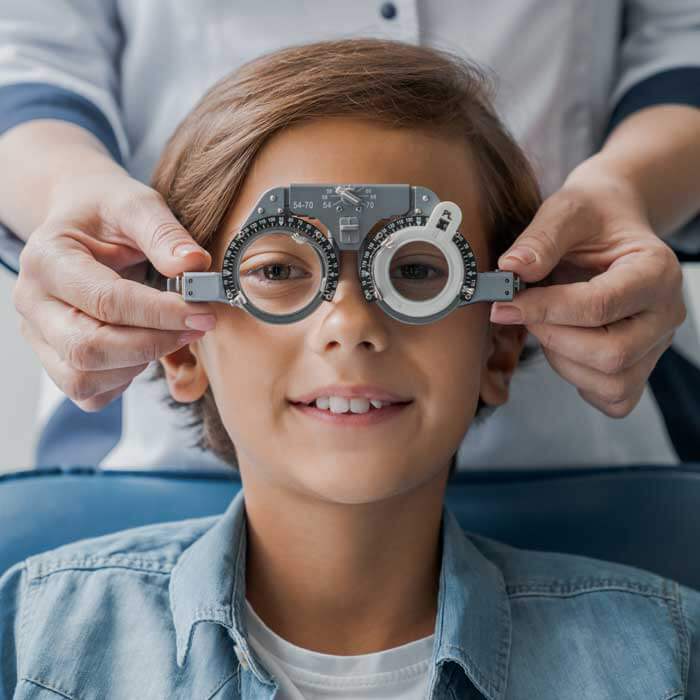
| 8. | Exceptional Eyeglass and Contact Lens Personalization |
Prescription eyeglass lenses do not cure eye diseases, but they are critically important to correct refractive errors and for patients to see clearly. If you have a moderate-to-high prescription, require multifocal lenses, have considerably different prescriptive needs for each eye, or suffer from disorders such as keratoconus, you need an eye care professional that can personalize your eyewear. That corresponds to the ability to diagnose your prescriptive needs, assess your lifestyle needs (i.e., how you use your eyes), present lens type/design options, accurately measure lenses, and professionally craft them. New prescription eyeglass and contact lens designs are in continuous development and refined to address unique patient vision needs. That is especially the case with multifocal lenses and lens coatings. It is critically important that you seek an eye care and eyewear provider with access to and offers prescription eyeglass lenses from innovative, world-class manufacturers, such as Hoya, Zeiss, and Essilor, etc. It is equally important to seek an eye care and eyewear provider that can custom-fit eyeglasses and contact lenses using the latest digital measurement tools and advanced diagnostic technologies.

| 9. | Response to Emergent Situations |
How an eye care provider responds to emergent situations can be a strong indicator of professionalism, care and overall service provided by the clinic. As a prospective patient, this can often be a challenging attribute or quality to assess. However, there are often reviews of clinics from individuals who experienced an emergency and visited the clinic. Those reviews can often be a good metric for assessing a clinic’s response to those experiencing an emergent situation. However, please be mindful that most patients who have experienced an emergency do not document their health issues online. Accordingly, word-of-mouth accounts may be required to gain insights.
Most (95%) eye emergencies require a follow-up exam to assess patient recovery and treatment. If you visit a clinic for an eye emergency and no follow-up exam is recommended or scheduled, then your recovery may not be their primary concern.

| 10. | Eye Exam Importance & Priority |
When looking for the best eye care, it is essential to seek out a provider that makes eye exams and eye health their number one priority. What are indicators of a provider that does that? First, their primary focus is eye care (See #2). Second, they invest in the technologies and devote the time and human resources to providing modern comprehensive eye care (See #3, #4, and #5). Third, they include advanced scans (e.g., digital retinal photography, OCT imaging, visual field screening, etc.) in their standard eye exams and do not withhold them as a means to advertise low (initial) exam fees. That is important both in terms of standard care quality and transparency. Lastly, they do not discount or waive exam fees as part of any retail promotion. In fact, in many Canadian jurisdictions, this practice is illegal as it could jeopardize the standard of care offered to patients.

Our Edmonton Optometrists
Searching for an optometrist in Edmonton? Our experienced Edmonton eye doctors use advanced modern technologies and devote upwards of 500% more time towards providing personalized patient care than elsewhere so that they can see more and ensure that you may never see less. Position yourself to see the future with a visit to our eye clinic and Edmonton's best eye care!

Dr. Jennifer Ash, OD
Dr. Jennifer Ash is the Resident Optometrist at Eye-deology Vision Care. Dr. Ash provides patient care 5 days a week. Read more about Dr. Ash.

Dr. Ruhee Kurji, OD
Dr. Ruhee Kurji is an Associate Optometrist at Eye-deology Vision Care. Dr. Kurji provides patient care Tuesdays & Fridays. Read more about Dr. Kurji.

Dr. Jade McLachlin, OD
Dr. Jade McLachlin is an Associate Optometrist at Eye-deology Vision Care. Dr. McLachlin provides patient care 5 days a week. Read more about Dr. McLachlin.

Dr. Tania Mathews, OD
Dr. Tania Mathews is an Associate Optometrist at Eye-deology Vision Care. Dr. Mathews provides patient care 2 days a week. Read more about Dr. Mathews.
Learn Why Our Edmonton Optometrists Are The Best!





